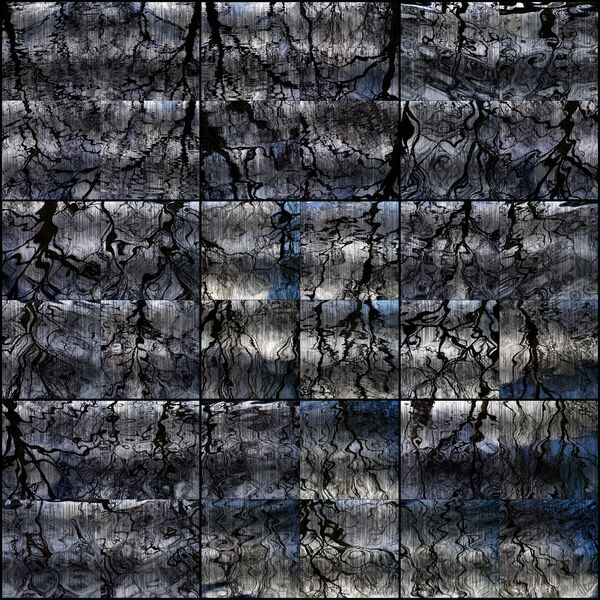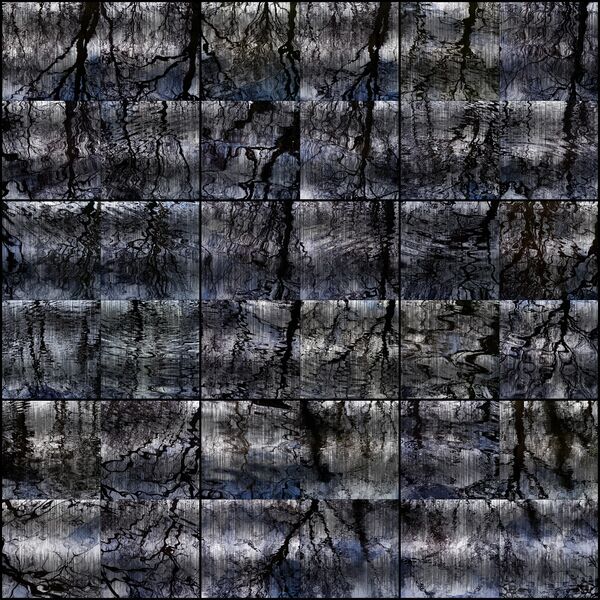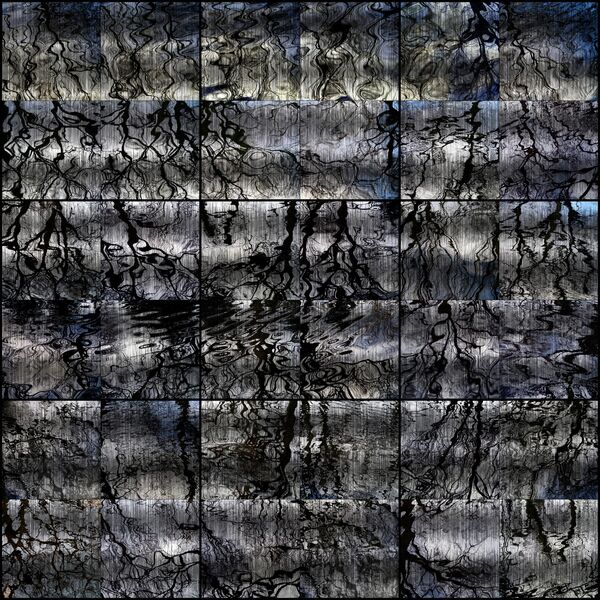Without Consequences, 2020/2024
Moving The Goalposts (2024)
https://www.blurb.co.uk/b/11967142
The prominence of the COVID inquiry surged in November 2023, prompting me to reflect on its implications. Without personal tragedies or direct encounters with long-term COVID effects, the pandemic's grip on my daily thoughts gradually faded, becoming more distant with time. In my view, the COVID inquiry should explore our collective memories and evaluate how authorities managed all aspects of the pandemic. The government bears the responsibility to scrutinise whether its actions contributed to loss of life.
I'm fascinated by collective memory—how recent events are perceived, shared, and reconstructed in media and interpersonal exchanges among those who experienced them. It's clear that memories can be unreliable, influenced by preexisting biases, selective, and subject to divergence among individuals, which can foster polarisation and shape conflicting narratives. I'm particularly intrigued by the gap between how we perceive and distort past events now versus how we experienced them then.
In creating this piece, I rekindled memories of my own experiences from January 2020 onwards. Despite being aware of the unfolding events in China and Italy, my early 2020 diary entries primarily focused on personal endeavours such as my participation in the Aesthetica Art Prize exhibition in York and a visit to my mother in Berlin. Even as reports of the pandemic's severity emerged, my concerns initially centred on mundane activities and travel logistics rather than the virus itself. It wasn't until March 21st, the day after schools closed, that COVID entered my written reflections.
Fast forward to January 2024, I am working on photographs of reflections of trees in the canal observed during my winter walks in the first months of 2020. Surrounded by bare trees, their beauty evokes a sense of rawness and authenticity, suggesting that there can be beauty in embracing vulnerability. Their uneven branches reaching into the blue sky embody resilience, endurance, and the cyclical nature of life. Stripped of foliage, these trees symbolise both loss and the promise of renewal, reflecting broader themes of life's cycles and regeneration. Despite appearing fragile without their foliage, bare trees exhibit inner strength in their ability to withstand harsh conditions. Their simple and clear silhouette against the sky reflects how stripping away complexity can sometimes lead to a clearer understanding.
In this piece, I juxtapose images of reflections of bare trees with visual representations of transcripts from the COVID inquiry covering the early months in 2020. Rereading all the transcripts, it is clear there were not only deep flaws in the way decisions were made and information provided during the pandemic but also confirming the toxic culture inside Number 10, from the attitudes shown by senior ministers to the virus through to the shocking vocabulary of top advisers and the lack of interest in serving the public. While the COVID inquiry has sparked public discourse and validated initial fears regarding governmental responses, it remains uncertain whether it will lead to genuine accountability or consequences for those responsible.
3 Composites of images with text, measuring 1.52m x 1.52m, c-print
https://www.blurb.co.uk/b/11967142
The prominence of the COVID inquiry surged in November 2023, prompting me to reflect on its implications. Without personal tragedies or direct encounters with long-term COVID effects, the pandemic's grip on my daily thoughts gradually faded, becoming more distant with time. In my view, the COVID inquiry should explore our collective memories and evaluate how authorities managed all aspects of the pandemic. The government bears the responsibility to scrutinise whether its actions contributed to loss of life.
I'm fascinated by collective memory—how recent events are perceived, shared, and reconstructed in media and interpersonal exchanges among those who experienced them. It's clear that memories can be unreliable, influenced by preexisting biases, selective, and subject to divergence among individuals, which can foster polarisation and shape conflicting narratives. I'm particularly intrigued by the gap between how we perceive and distort past events now versus how we experienced them then.
In creating this piece, I rekindled memories of my own experiences from January 2020 onwards. Despite being aware of the unfolding events in China and Italy, my early 2020 diary entries primarily focused on personal endeavours such as my participation in the Aesthetica Art Prize exhibition in York and a visit to my mother in Berlin. Even as reports of the pandemic's severity emerged, my concerns initially centred on mundane activities and travel logistics rather than the virus itself. It wasn't until March 21st, the day after schools closed, that COVID entered my written reflections.
Fast forward to January 2024, I am working on photographs of reflections of trees in the canal observed during my winter walks in the first months of 2020. Surrounded by bare trees, their beauty evokes a sense of rawness and authenticity, suggesting that there can be beauty in embracing vulnerability. Their uneven branches reaching into the blue sky embody resilience, endurance, and the cyclical nature of life. Stripped of foliage, these trees symbolise both loss and the promise of renewal, reflecting broader themes of life's cycles and regeneration. Despite appearing fragile without their foliage, bare trees exhibit inner strength in their ability to withstand harsh conditions. Their simple and clear silhouette against the sky reflects how stripping away complexity can sometimes lead to a clearer understanding.
In this piece, I juxtapose images of reflections of bare trees with visual representations of transcripts from the COVID inquiry covering the early months in 2020. Rereading all the transcripts, it is clear there were not only deep flaws in the way decisions were made and information provided during the pandemic but also confirming the toxic culture inside Number 10, from the attitudes shown by senior ministers to the virus through to the shocking vocabulary of top advisers and the lack of interest in serving the public. While the COVID inquiry has sparked public discourse and validated initial fears regarding governmental responses, it remains uncertain whether it will lead to genuine accountability or consequences for those responsible.
3 Composites of images with text, measuring 1.52m x 1.52m, c-print


